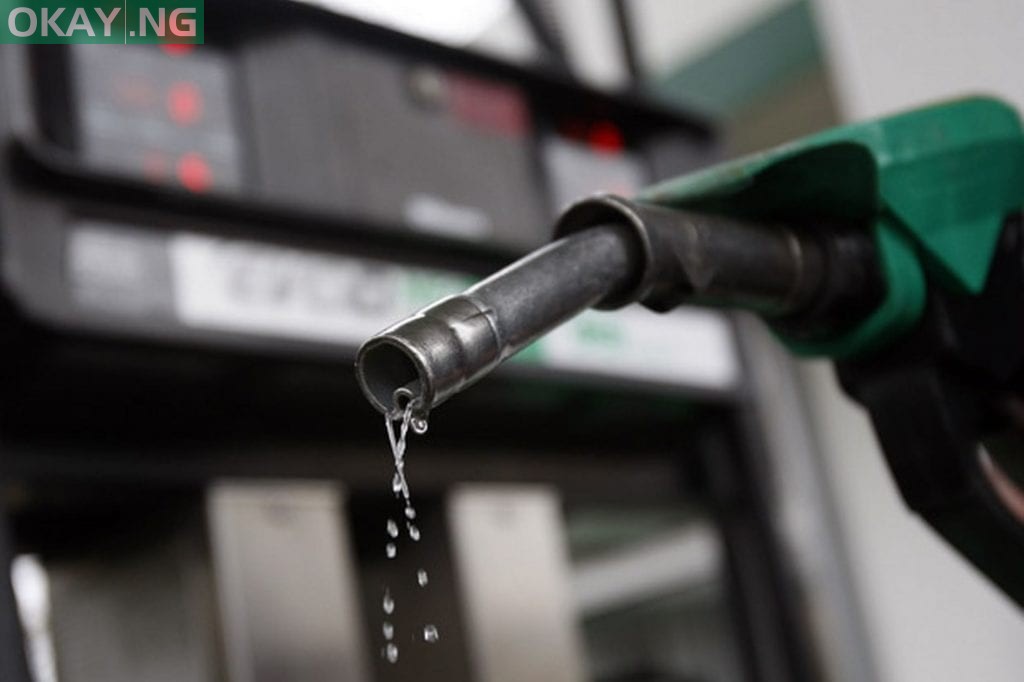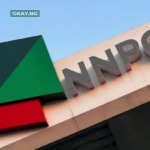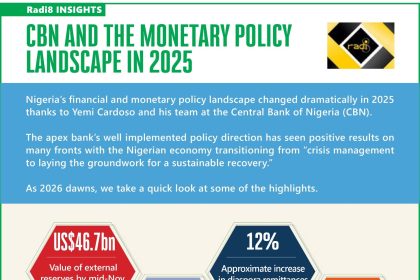By Muhammad Ameeruddeen Aliyu
Fuel subsidies have been a contentious and costly issue in Nigeria for years. The government has been providing subsidies on petrol to keep prices low for consumers, but this program has been plagued by corruption, including fuel smuggling to neighboring countries for profit.
In 2020, the Nigerian government announced its intention to end fuel subsidies and allow market forces to determine petrol prices. This decision sparked widespread protests due to concerns about potential price increases and a higher cost of living.
Although the government eventually backed down and resumed fuel subsidies, the issue remains a source of controversy. The subsidy program is estimated to cost the government billions of dollars annually, raising questions about better allocation of funds to sectors like infrastructure and education.
Critics argue that the subsidy primarily benefits the wealthy who can afford to purchase petrol at market prices, while the poor who rely on public transportation or walking do not see significant benefits.
Supporters of the subsidy program argue that it is crucial to maintain low petrol prices as it is vital for the country’s economy. They warn that removing subsidies could lead to economic instability and social unrest.
ELIMINATION STRATEGIES…
The elimination of fuel subsidies is a complex and politically sensitive issue. Here are some measures that can facilitate the process:
- Gradual phase-out: Gradually phasing out fuel subsidies over time can minimize the impact on consumers and provide an opportunity to implement alternative policies and programs.
- Communication and transparency: Transparently communicating the reasons for eliminating fuel subsidies to the public can build trust and garner support for the policy.
- Targeted assistance: Providing targeted assistance to vulnerable groups affected by the elimination of fuel subsidies, such as direct cash transfers, subsidies for public transportation, and support for small businesses, can mitigate the impact.
- Diversification of the economy: Diversifying the economy and reducing dependence on oil revenues is a long-term solution. Investments in sectors like agriculture, manufacturing, and services can help achieve this goal.
- Investment in alternative energy sources: Investing in renewable energy sources such as solar, wind, and hydropower can decrease reliance on fossil fuels and provide sustainable energy options.
- Fiscal discipline: Eliminating fuel subsidies can improve fiscal discipline by reducing government expenditure. This, in turn, can create a more stable macroeconomic environment and attract investment.
Overall, the elimination of fuel subsidies is a challenging process, but with careful planning, transparent communication, and targeted assistance, it can be achieved while minimizing the impact on consumers and fostering long-term economic growth.
Considering the popular slogan of “Renewed Hope” used by the incumbent government, it is crucial for them to approach the removal of fuel subsidies cautiously and prioritize the welfare of the masses.
Okay.ng
May 31st, 2023







